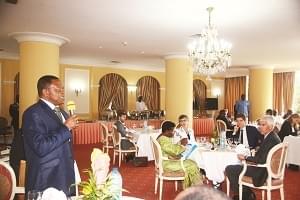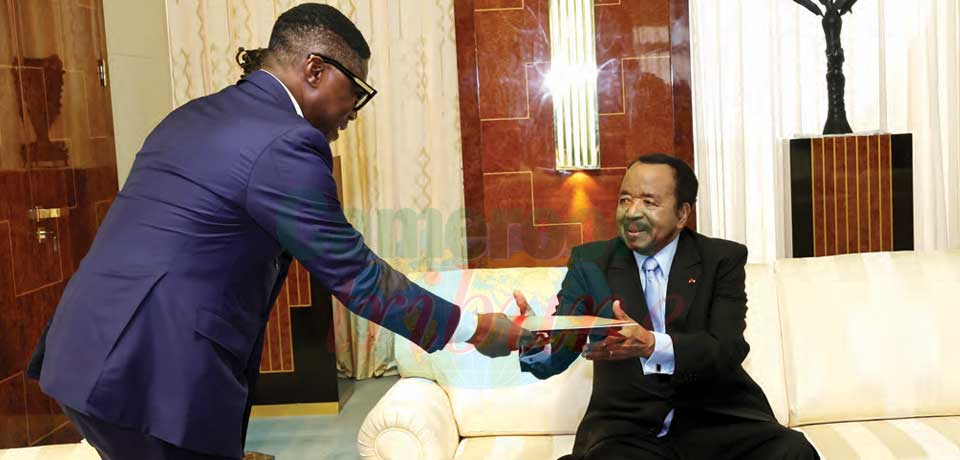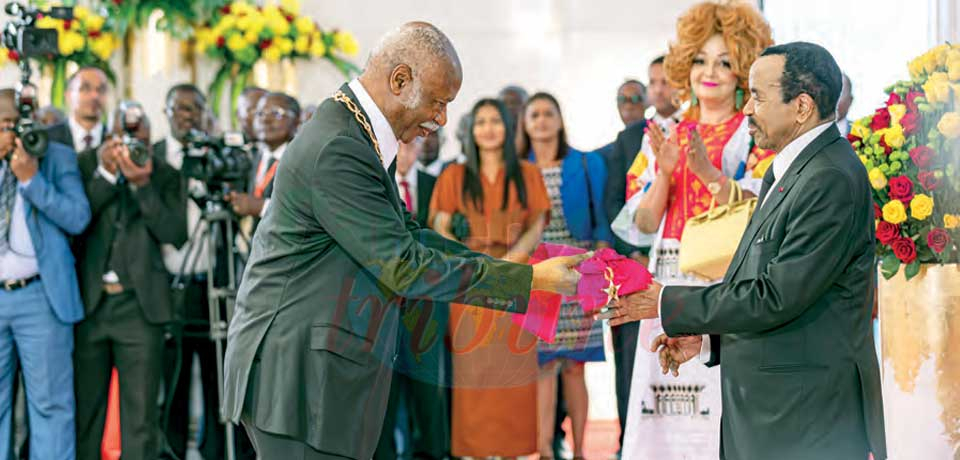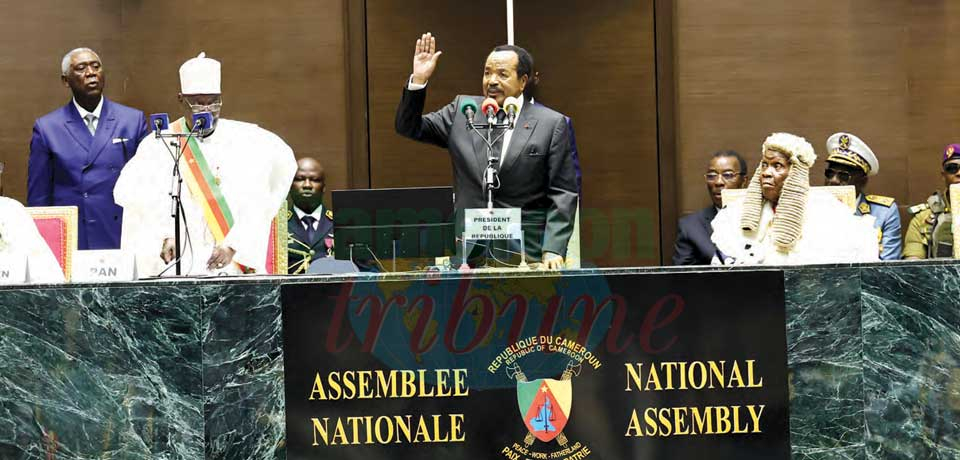Elections Organisation, Management: ELECAM Showing Proof of Proper Mastery
- Par Godlove BAINKONG
- 22 Oct 2018 12:15
- 0 Likes

The independent organ has worked in several capacities over the years from the start to the end of the electoral process to give Cameroon’s election its maturity today.
Cameroonians will this October 22, 2018 know the name of he who will in the next seven years (2018-2025) preside over State affairs as President of the Republic. The proclamation of the October 7, 2018 Presidential election results by the Constitutional Council, will be the last but one step to the culmination of a long electoral process wherein many actors; among them, Elections Cameroon (ELECAM), put hands on deck to give it the success recorded thus far.
In fact, ELECAM, the independent organ trusted with the powers of organising elections and referenda in Cameroon, has been the pivot of the soon-to-end 2018 Presidential election. To say the least, the organ has grown in experience, righting yesteryear’s wrongs to better today. Reflecting on how to iron out today’s shortcomings also signals better days ahead. Logical observers would appreciate the improvements of 2018 vis-a-vis 2011 in terms of organisation. Elections are like any game where actors are entitled to show interest and stand to identify and be identified.
ELECAM is at the centre of this primordial and indispensable step in an electoral process for, anyone who is not registered on the electoral list before the convening of the poll cannot partake in the election. The independent organ therefore employed all voter-charming tactics to register the over 6.6 million eligible voters to go to the poll to choose one among the pack of nine candidates that vied for the country’s top job. Section 70 of the Electoral Code stipulates that, “Electoral registers shall be drawn up and kept in every council.
An electoral register shall also be drawn up for each polling station.” As per this role, ELECAM redoubled efforts to draw up the registers per polling station and put at the disposal of registered voters and other political actors to consult.
The organ also put in place a team to ease the consultation of the registers and to take complaints to hierarchy. Section 98 (1) of the Electoral Code provides that, “Every polling station shall have the electoral registers of those eligible to vote within. One of such registers shall be used for electors to enter their signatures.
One list shall be posted up at the polling station.” The registers this time around contained the names and photos of each elector which greatly facilitated voter identification and contributed to the celerit...
Cet article complet est réservé aux abonnés
Déjà abonné ? Identifiez-vous >
Accédez en illimité à Cameroon Tribune Digital à partir de 26250 FCFA
Je M'abonne1 minute suffit pour vous abonner à Cameroon Tribune Digital !
- Votre numéro spécial cameroon-tribune en version numérique
- Des encarts
- Des appels d'offres exclusives
- D'avant-première (accès 24h avant la publication)
- Des éditions consultables sur tous supports (smartphone, tablettes, PC)














Commentaires